Navigating Civil Litigation: A Guide to Understanding Your Rights and Options
Civil litigation encompasses a wide range of disputes including contract violations, property disputes, and personal injury claims, among others. Whether you are considering filing a lawsuit or you find yourself the defendant in one, understanding the process can significantly impact the outcome. This comprehensive guide will delve into what civil litigation involves, the stages of a lawsuit, and how to navigate the system effectively.
Understanding Civil Litigation
Civil litigation is the process through which private disputes are resolved in court. Unlike criminal cases, which involve an action that is considered harmful to society as a whole, civil cases revolve around personal disputes between entities or individuals that require restitution or compensation.
The Phases of a Civil Case
- Consultation and Case Evaluation: Before filing a lawsuit, it’s essential to consult with a qualified attorney who can evaluate the merits of your case. This step involves a detailed discussion of the facts, review of relevant documents, and an assessment of the potential outcomes.
- Filing of Pleadings: The actual litigation process begins with the filing of a complaint or a petition, followed by the defendant's response. These documents outline each party’s perspective on the dispute and the remedies sought.
- Discovery Phase: Perhaps the most critical, the discovery phase allows both sides to exchange information related to the case through depositions, requests for documents, and interrogatories. The aim is to gather sufficient evidence to build a strong case.
- Pre-Trial Motions and Hearings: Parties may file motions to resolve or narrow the issues before trial. These might include motions to dismiss the case or compel evidence, and are typically argued in pre-trial hearings.
- Trial: If the case is not settled during the earlier stages, it will proceed to trial. Both parties will present their arguments, submit evidence, and call witnesses. A judge (or jury in some cases) will make a final decision based on the information presented.
- Appeal Process: If one of the parties is dissatisfied with the trial outcome, they may file an appeal. However, an appeal is not a re-trial but a review of the legal basis of the first trial’s decision.
Tips for Navigating Civil Litigation
- Hire Competent Legal Representation: The complexities of civil litigation demand skilled legal expertise. An experienced attorney can navigate the maze of legal rules, manage the voluminous paperwork, and advocate effectively on your behalf.
- Stay Organized and Proactive: Keep meticulous records and stay actively involved in your case. Understanding each phase and what is expected during proceedings can help you provide essential information to your attorney promptly.
- Understand the Costs and Timelines: Litigation can be costly and time-consuming. Discuss with your attorney the projected timeline and potential costs involved, including attorney fees, court costs, and other related expenses.
Civil litigation can be daunting, but with the right preparation and support, you can effectively manage your case. At CGH Law, we leverage our expertise and dedication to ensure our clients are well-represented and informed throughout their legal journey. Whether you are defending your rights or seeking justice through a lawsuit, we are here to help you navigate this challenging process with confidence.



